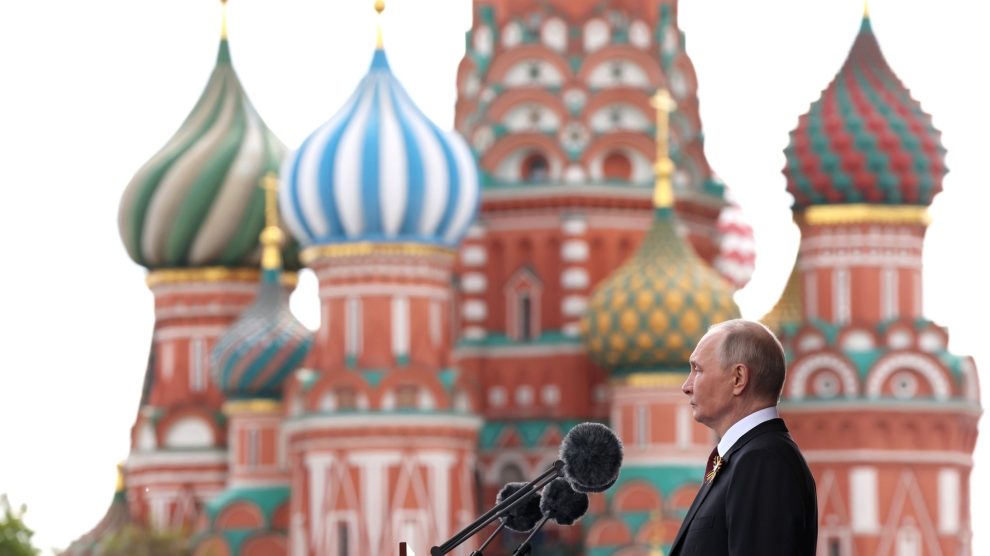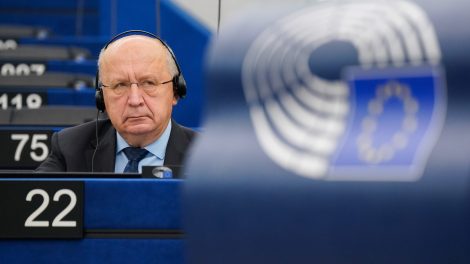Six Kremlin myths, one curriculum. A new study by Rome’s Istituto Gino Germani examined 28 Italian middle-school textbooks (2010–2024) and identified six pro-Russian propaganda threads—including the “Soviet peace-maker” myth and the portrayal of Ukraine as a failed state.
- Kyivan Rus as Russia’s birthplace, implying a single Slavic progenitor.
- Ukraine depicted as corrupt and impoverished, often armed “to the teeth.”
- Crimea presented as “returned” to Russia via a purportedly valid referendum.
- Eastern European culture conflated with Russian heritage, erasing distinct national identities.
- NATO “encirclement” blamed for current Russian policies.
- The Great Russian Nation—spanning Belarus, Ukraine, Moldova and the Baltics—united by language and culture.
Myth of the “Peaceful Soviet State”. Authors Massimiliano Di Pasquale and Iryna Kashchey found that textbooks cast the USSR as the champion of global peace—a narrative that rationalises today’s “protective” interventions in Russian-speaking regions. In some manuals, Ukrainians are even labelled “Russian,” blurring ethnic and historical lines.
- The study highlights how Russian soft and sharp power has “weaponised” art, history and academic discourse over eight decades. Students encounter hagiographies of Russian literature and arts while other post-Soviet states vanish from the narrative.
Not conspiracy, but culture. In an interview with Adnkronos news agency, Di Pasquale argues these biases result not from a hidden plot but from a longstanding academic culture that “glorifies Russia and minimises its neighbours.”
- He emphasises the need for schools to teach all totalitarian regimes equally—citing the Molotov-Ribbentrop Pact as a rarely mentioned yet crucial lesson.
- “Italians must learn to use their minds,” Di Pasquale concludes. “Critical thinking and comprehensive study of totalitarianism—not just Nazism—are essential to defend our democratic culture.”





